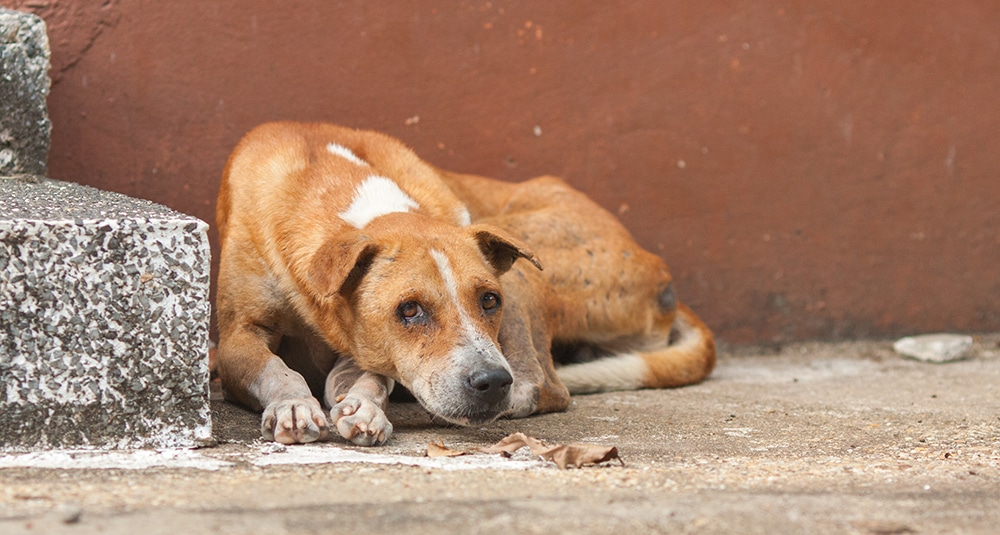A skinny and sick animal is often suffering from malnourishment. This condition is usually caused by neglect and mistreatment from the pet’s past owners. The road to recovery can take a while, but there are ways to help a deserving malnourished animal get back to top health.
This blog covers what malnourishment is, the signs, the causes, how to care for a malnourished pet and important support supplements to add to a malnourished pet’s daily nutrition.
What is Malnourishment in Pets?
Malnourishment happens when there is a deficiency of nutrients in the body. For different reasons, the animal is not able to get the proper nutrition from their diet. This causes an imbalance between the energy taken in and the energy expelled. The body is not able to function properly without the right amount of vitamins and minerals
The Signs of Malnourishment in Pets
Without the proper nutrients, the dog’s body starts to feed off the body fats and muscles tissues in order to receive the energy it needs. The result is rapid weight loss and bones being visible. Other signs of malnourishment in pets are dull coat, hair loss, skin issues, diarrhea, gas, lethargy, weakened immune system, bad breath and no interest in any activity.
Causes of Malnourishment in Pets
A low-quality diet and lack of food are two of the main causes of malnourishment. This can be intentional or unintentional. A well-meaning owner could be giving their dog pet food that lacks the proper nutrients or underfeeding the pet. Always look at the ingredients list on pet food and speak to your vet about the right amount of food to feed your pet daily.
Other causes of malnourishment in animals are parasites and health conditions. If a pet has a parasite, their body is unable to absorb any nutrients from the food they are eating. They may also show signs of vomiting, diarrhea, an expanded abdomen and weight loss. Visit your vet immediately if you see any of these signs.
Health conditions like intestinal tumors, intestinal cancer and irritable bowel disease can cause malnourishment in animals despite the pet having a nutrient dense diet. Their condition may be preventing them from eating or is flushing out the nutrients faster than the body can absorb them. Speak to your vet about the possibility of any underlying concerns that your pet may be experiencing.
How to Care for a Malnourished Pet
Visit Vet Regularly
Work with your vet to come up with a step-by-step plan to get your pet back to health. Vet’s can monitor the progress, check vitals and body temperature and advise on the necessary adjustments as your pet heals. Never attempt to take care of your malnourished pet on your own.
Create a Warm, Comfortable Environment
Animals who are malnourished do not have the body fat to keep them warm and have higher levels of stress. Create a safe and calming place for them to sleep and play. Provide cozy blankets, a sweater and a quality bed. If temperatures outside are on the lower end, then invest in a jacket for your pet to be able to go out of the house without freezing.
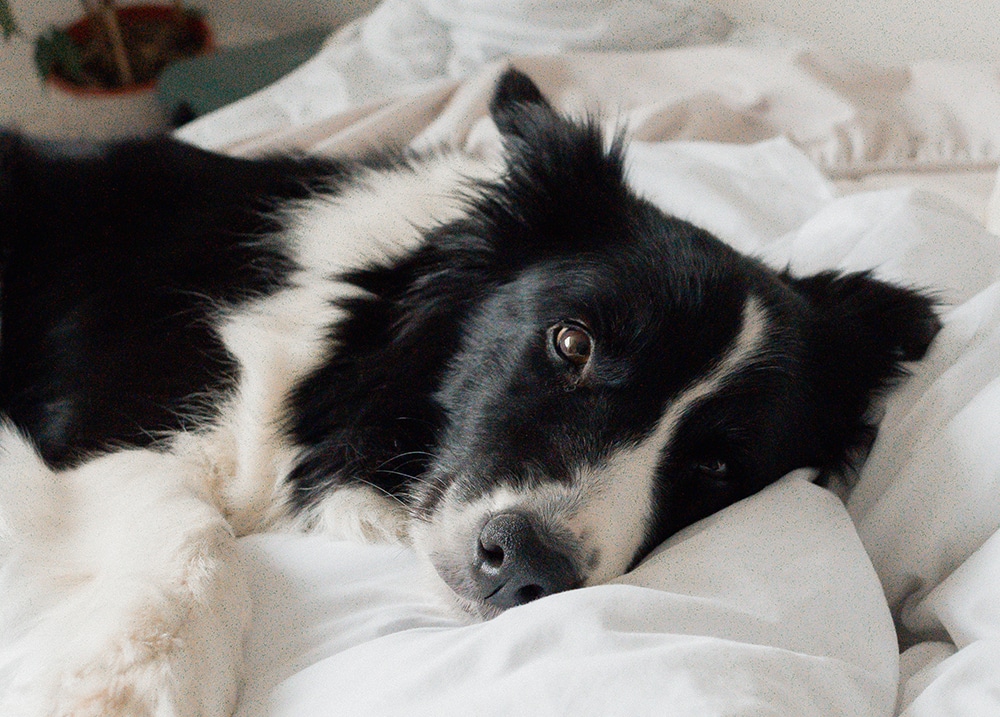
How to Feed a Malnourished Pet
Slowly is the keyword for feeding a malnourished pet. Gradually increase the frequency of their meals and the calorie intake. Feeding small amounts of food a few times daily is the standard suggestion. If fed too much, an animal could have digestive and neurological problems.
Start with adding only one extra meal a day. Focus on high-fat, low-carb food. After seven days, check in with your pet and your vet to see if adding two extra meals and increasing the calorie intake is a good idea.
The food given can either be commercial dog food suggested by a vet or homemade meals. Either way, only buy quality food that is balanced in the necessary daily vitamins and minerals. Keep fresh water available at all times to prevent dehydration.
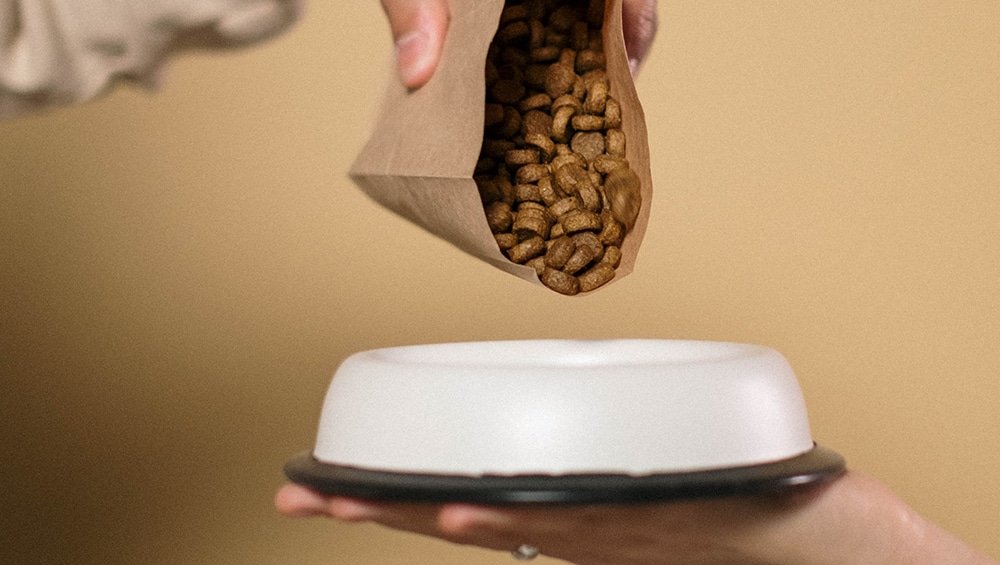
Exercise
To go from underweight to overweight is not the goal. Create an exercise routine to balance out the gradual weight gain. Keep things gentle and easy. Do not choose any exercises that burn a lot of calories. Regular slow and short walks and easy playtime helps to improve the mental health of the pet and prevents obesity.
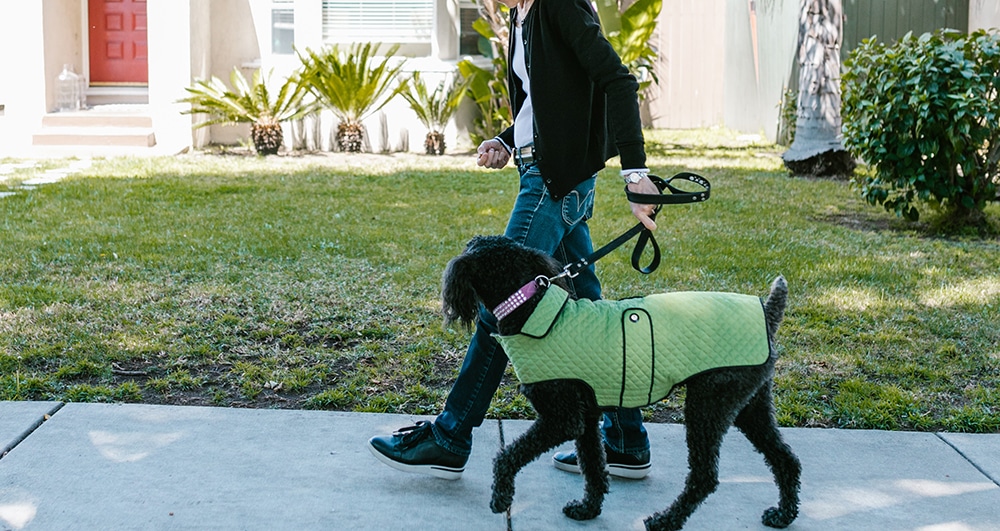
Support Supplements
The animal may need a little bit of extra help, especially if the malnourishment is extreme. Certain vitamins and minerals are hard to add to a meal. Supplements are a great way to get the necessary nutrients into a dog’s body.
The condition can take a toll on the digestive tract. Probiotic supplements help to restore balance and health in the gut. This also has an effect on the immune system since 70% of it is in the gastrointestinal tract. They also help the dog’s body to absorb the vitamins and minerals from the food they are being fed.
Omega 3 and 6 fatty acids help to get a pet’s coat, immunity and heart health back to a healthy place. There are some studies that found that these fatty acids help build muscle mass. A malnourished dog typically has a low percentage of muscle mass due to the body using it for energy. Add these supplements to your pet’s food to slowly increase them to a healthy percentage.
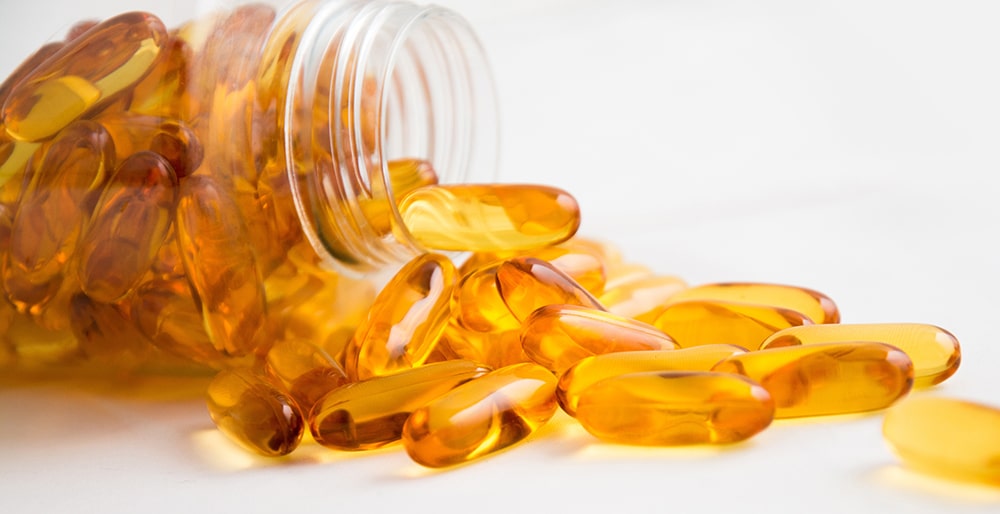
Road to Recovery
An animal suffering from malnourishment only needs love and help to recover to full health. A gradual increase in the feeding plan set up by a vet, a calm environment, easy exercise and support supplements all contribute to adding back on the right amount of weight for the pet. Remember, to see a vet as soon as possible if you see any signs of malnourishment in your pet as it could be caused by a health condition.


